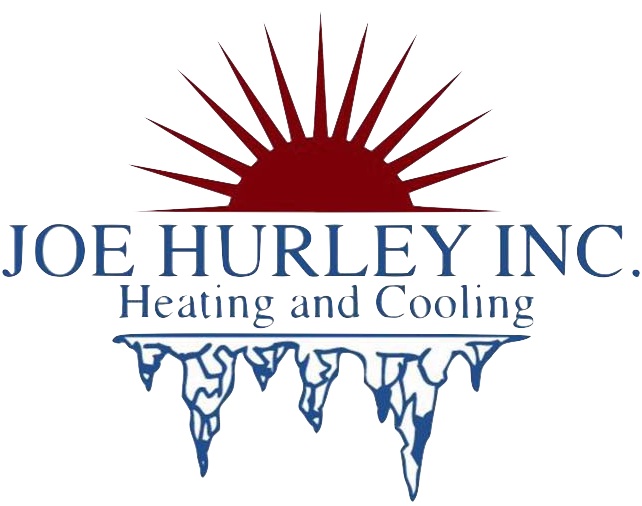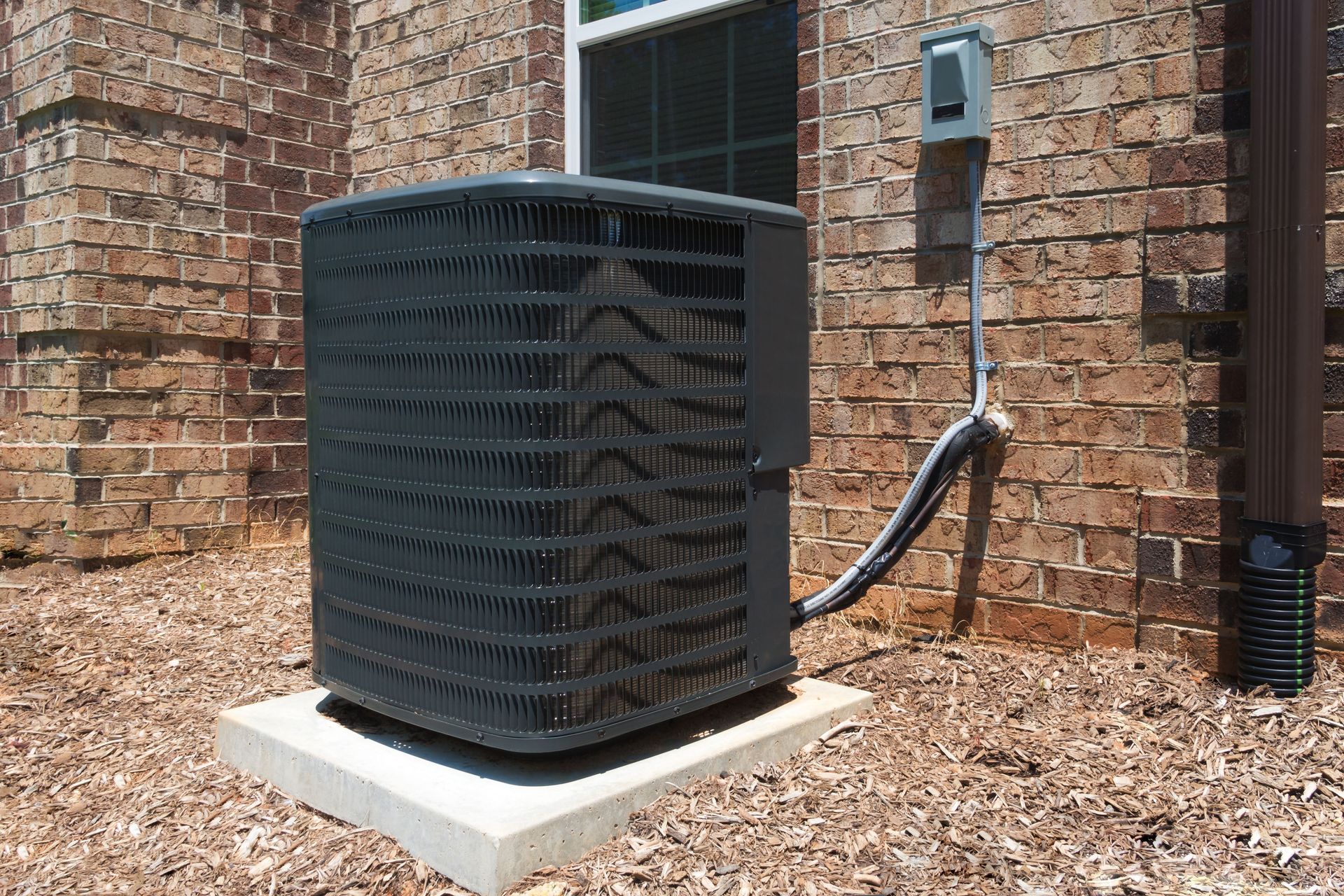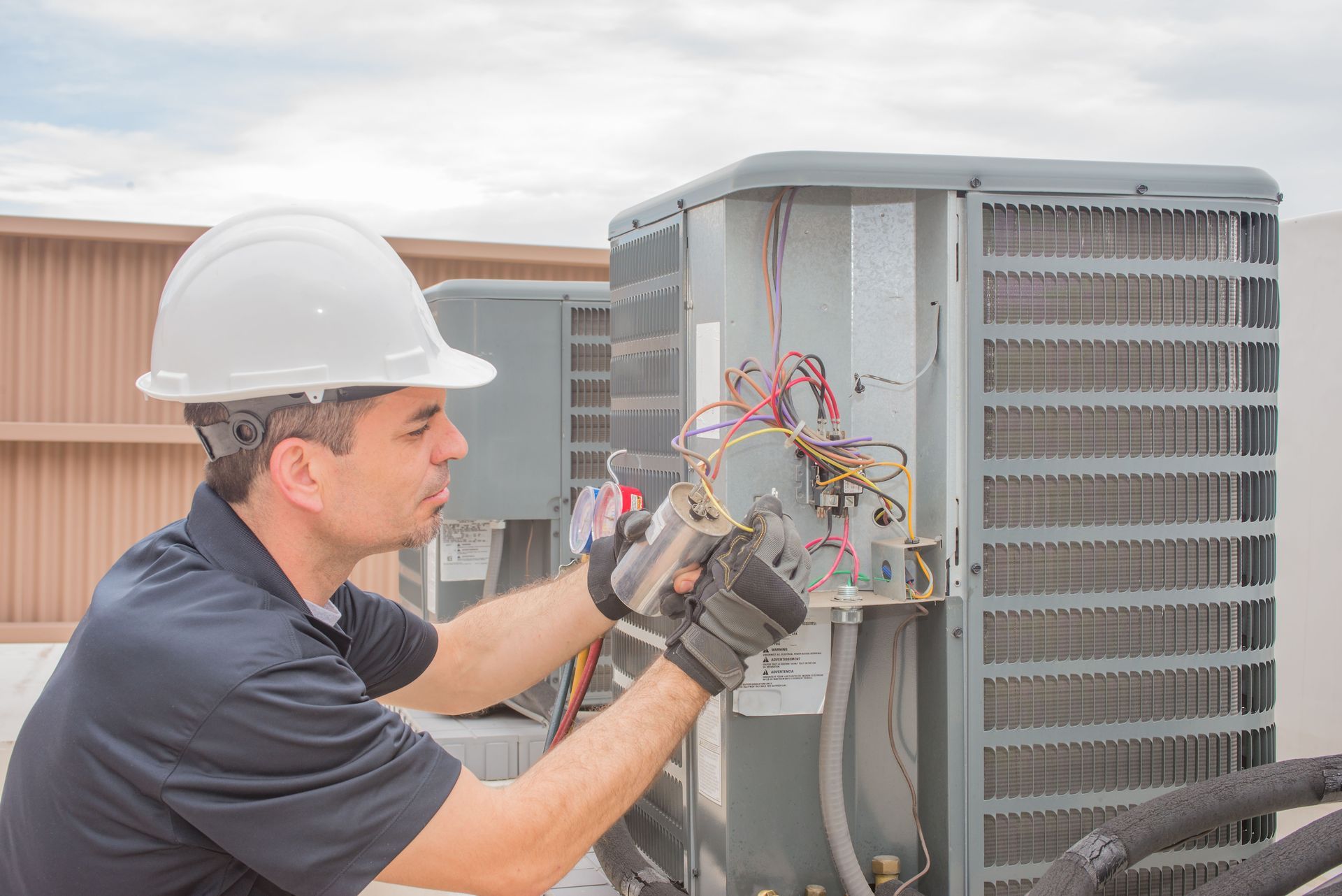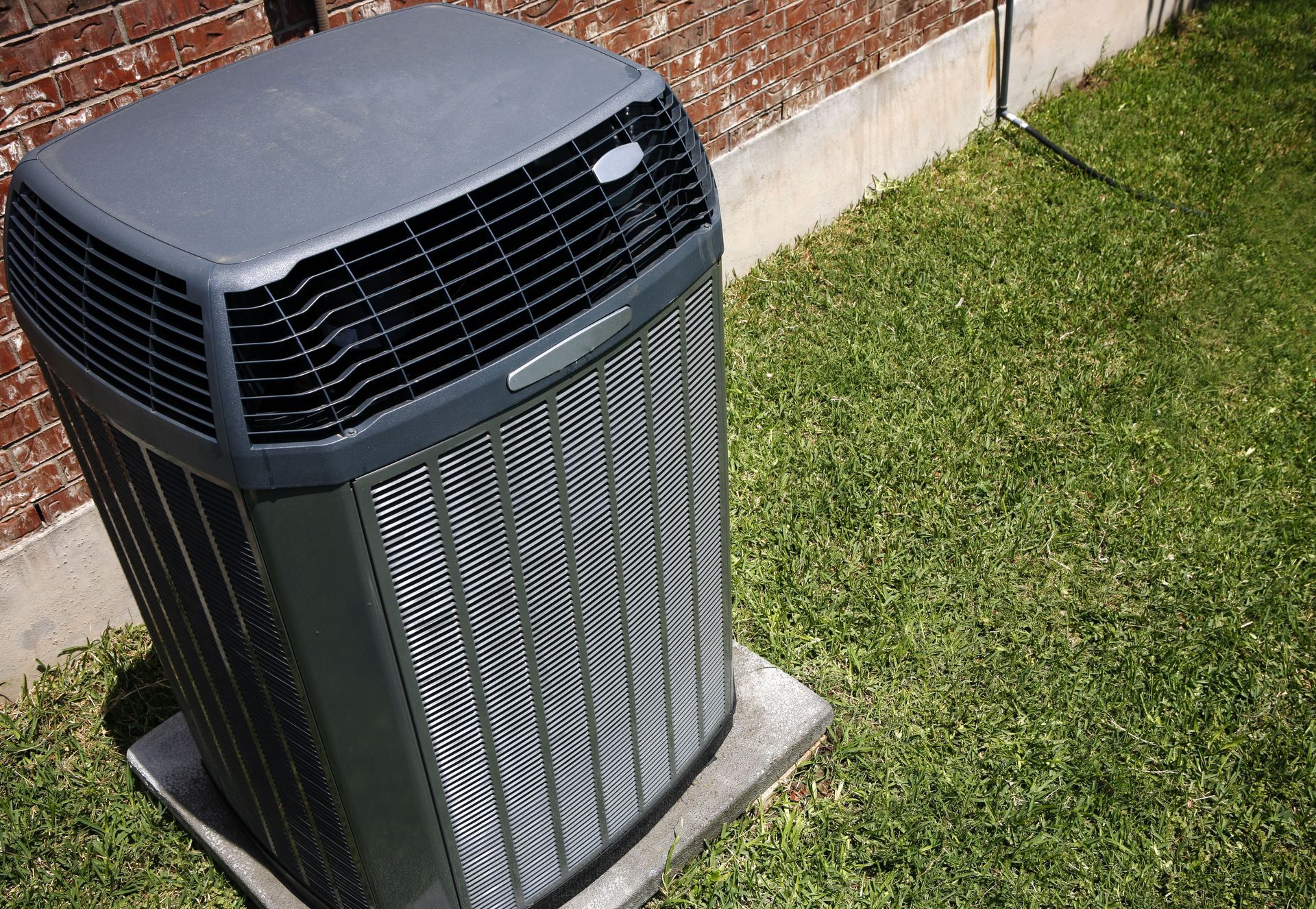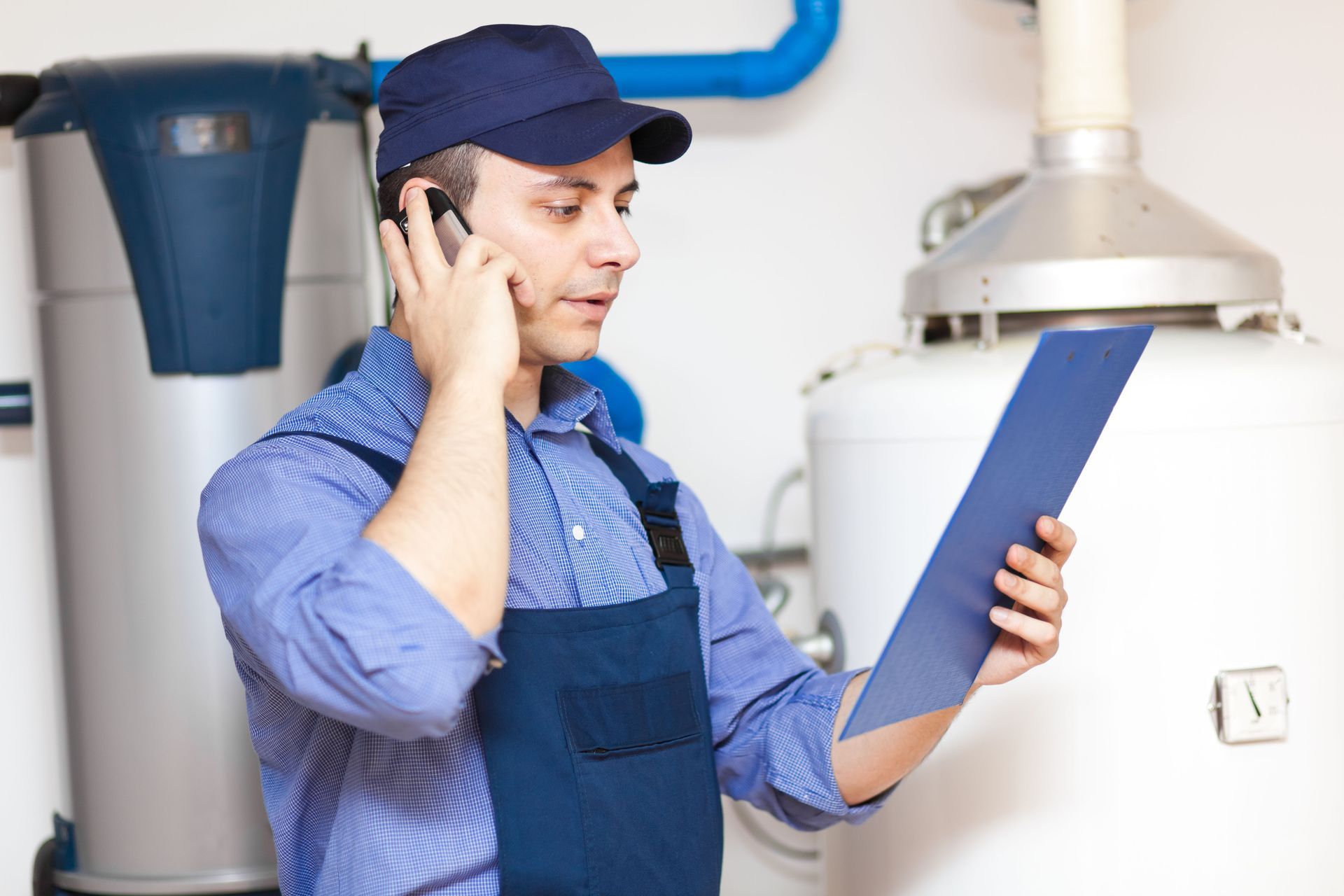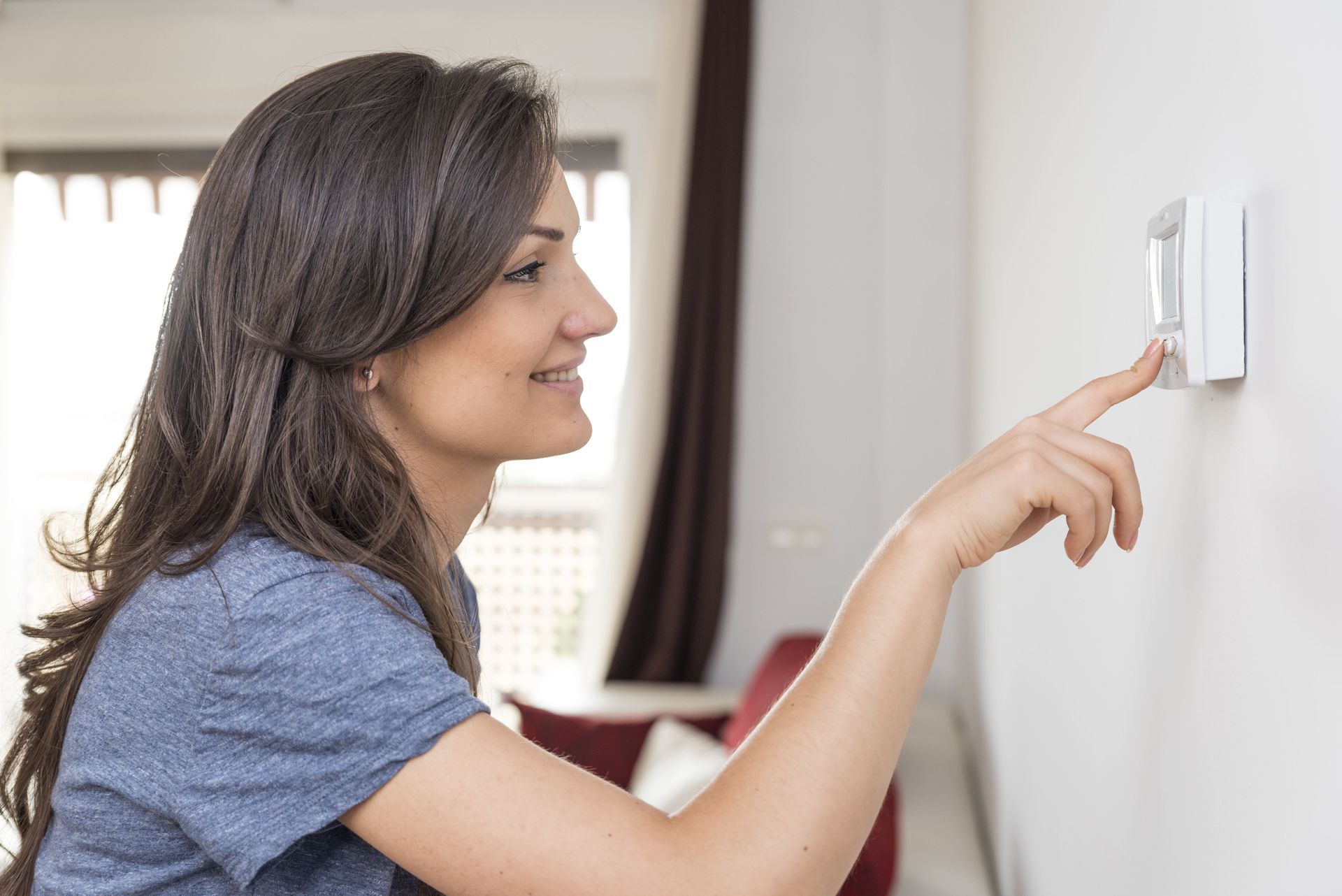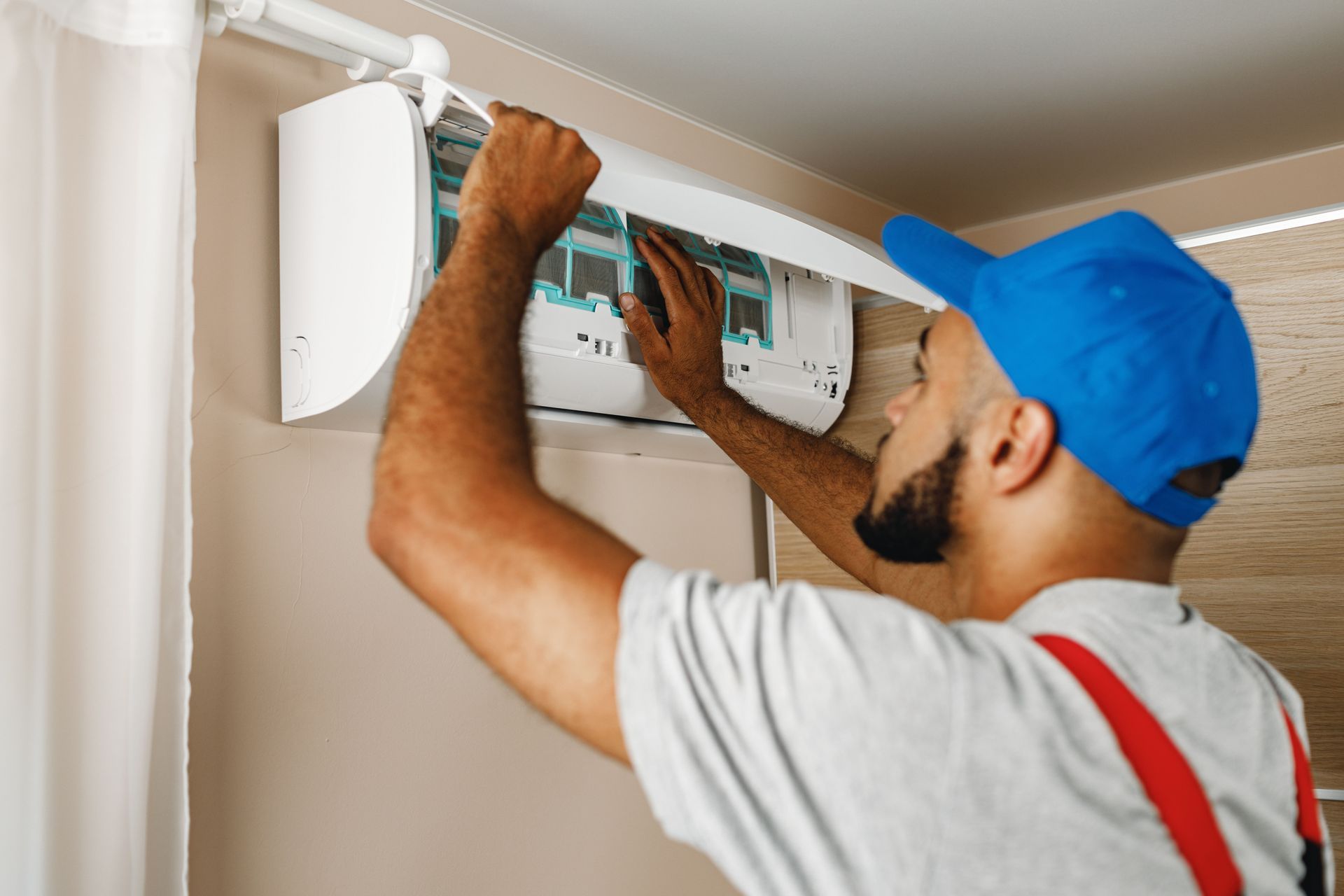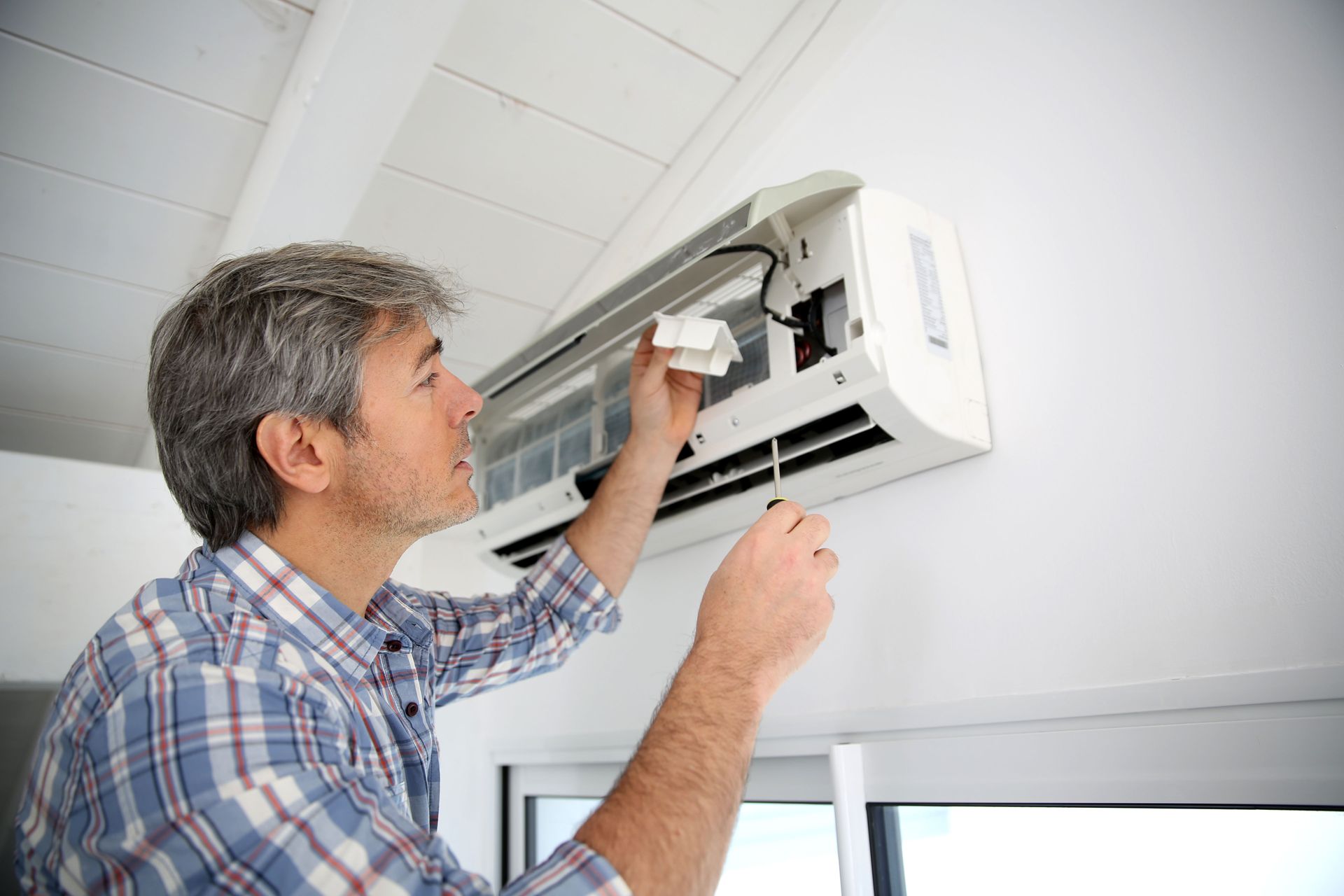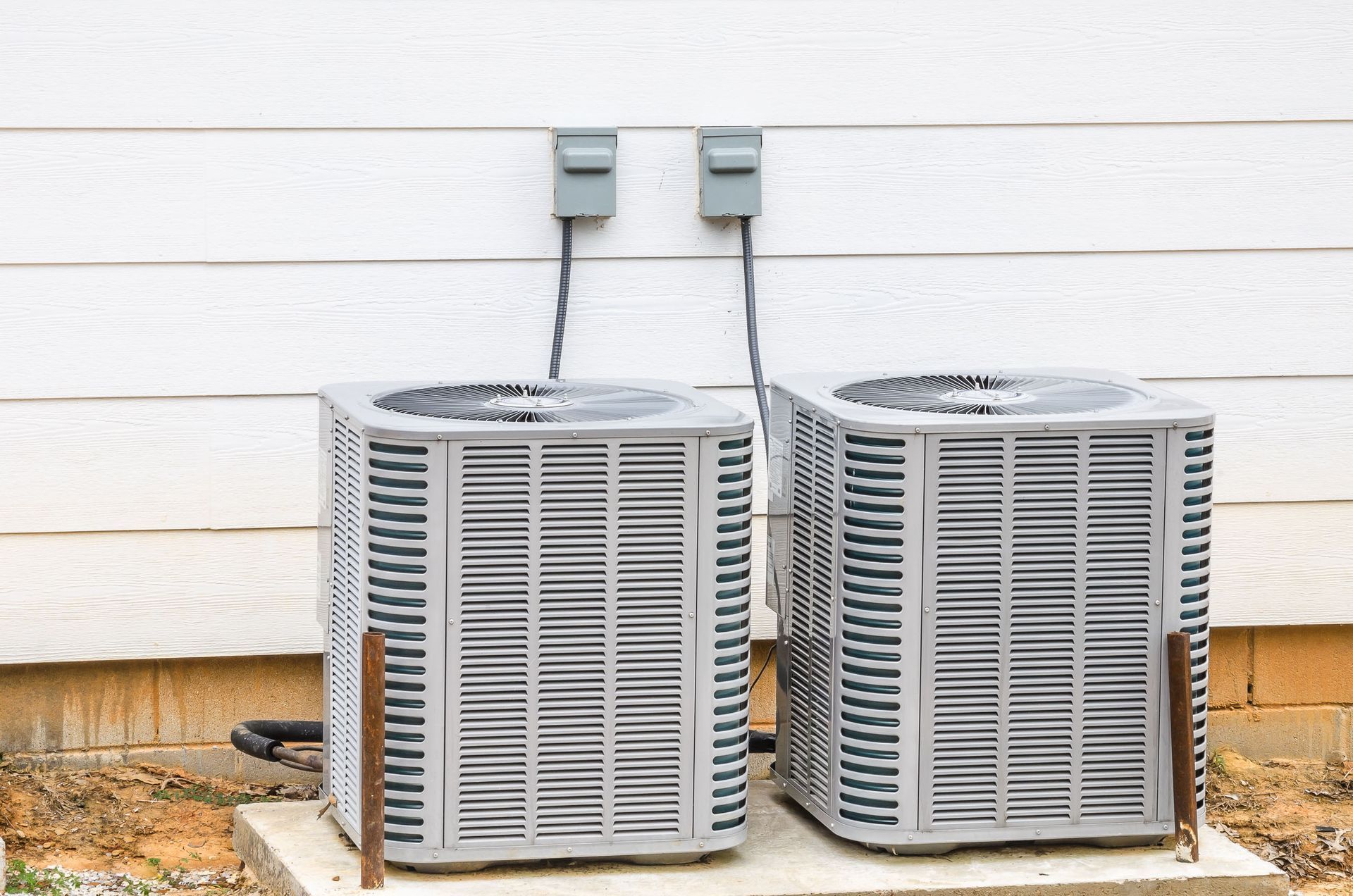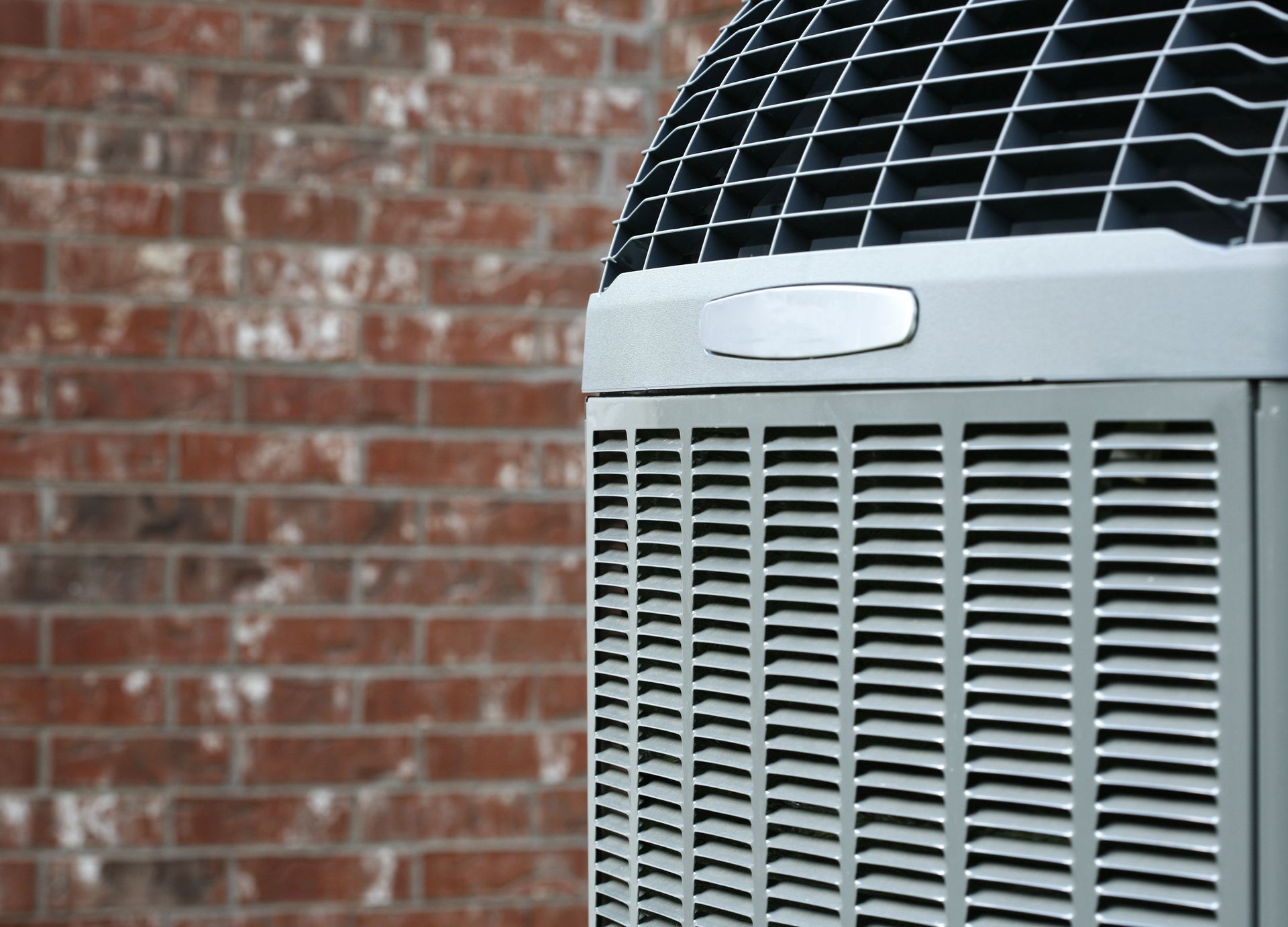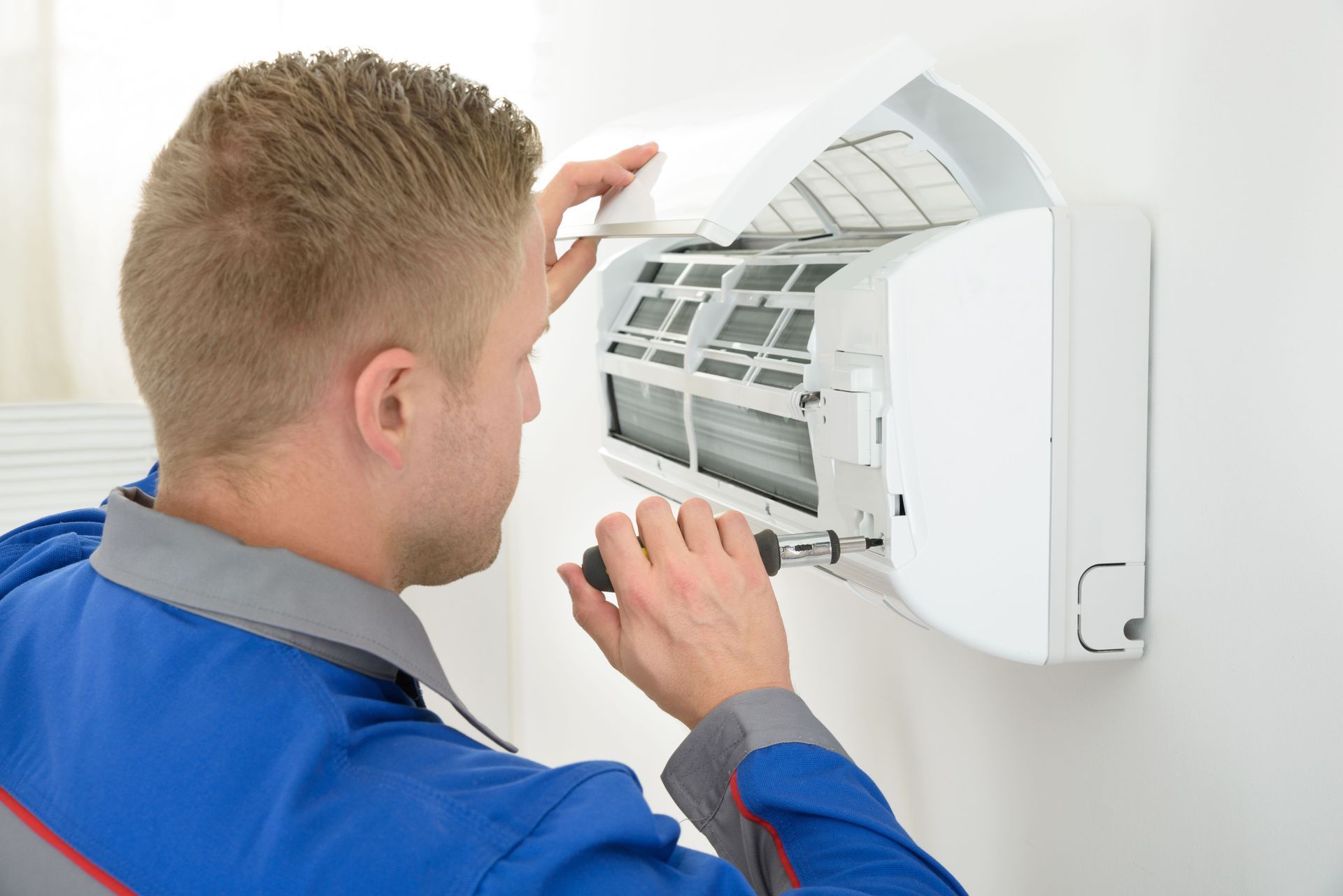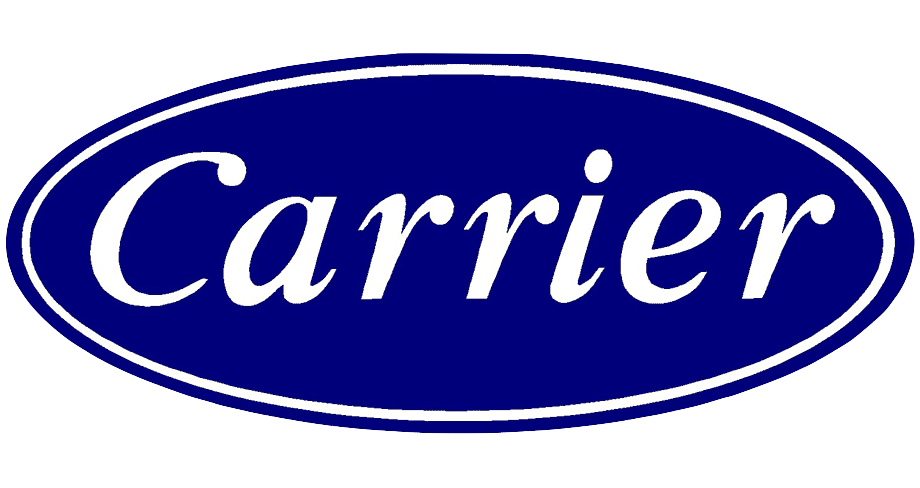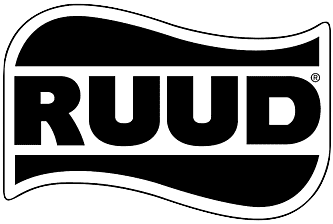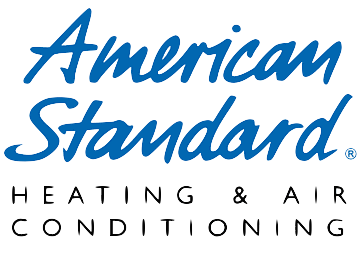Air conditioners are an important home appliance that controls the air temperature and humidity in the home. They function almost daily, and without them, many homes would be less comfortable to live in. Due to regular use, air conditioners inevitably develop faults over time. Air conditioning faults occur regularly in many homes. According to Consumer Affairs, 24% of homeowners reported air conditioning repairs
as their second most frequent house repair. That said, below are seven of the most common
air conditioner repairs
needed.
1. Refrigerant Leaks
If the refrigerant in your air conditioner is low, it may have been installed improperly or have leaks. Simply adding more refrigerant won't fix a leak. Any leaks should be fixed, the repair should be tested, and the system should be charged with the appropriate amount of refrigerant. Remember that your air conditioner will operate most effectively when the refrigerant charge complies with the manufacturer's recommendations and is neither undercharged nor overcharged. Environmental pollution can result from refrigerant leakage.
2. Bad Capacitor
The electric motors in an air conditioner are run by capacitors. They provide the motors with a burst of energy during the initial phase to get them going. Capacitors deteriorate with time, and if they are not replaced, they will ultimately "blow," rendering them worthless and occasionally leading to additional problems inside the machine. When the capacitor develops a fault, the comprising parts of the capacitor, such as the fan motor and the compressor, start buzzing or humming. However, nothing is turning or blowing. AC repair professionals are experts at handling this fault.
3. Clogged Drain Line
The removal of moisture occurs concurrently with the cooling of the air. That moisture has to be adequately captured and drained outside of your home. After installation, a PVC drain line is routed from your system to the outside. The issue is that as time goes on, algae and other substances tend to constrict and plug the drain line and prevent effective drainage. As a result, instead of soaking through your roof or spilling down the floor, moisture begins to back up inside the unit and finally clogs up a secondary drain pan. While it is possible to try clearing the drain line on your own, leaving this air conditioner repair to the experts is best to get things back up and running.
4. Bad Blower Motor
Inside your home's ductwork, air is moved by your blower motor. Blowers frequently operate in warm or humid environments and do not have their bearings greased. They also are not maintained to be clean and clear of debris. Older motors feature capacitors to aid in starting, and when these capacitors get older or wear out, the motor is put under more stress during the start. The blower is most likely to blame if you detect an electrical burning odor in your ducting or hear spinning, pounding, or grinding noises. To get it fixed, it is best to get in touch with an expert in air conditioner repairs.
5. Dirty AC Filter
To keep the airflow clean and free of dust and pollutants, an air conditioner filter is crucial. The air conditioning system will work less effectively if your air filter is blocked because it will restrict airflow. The system's capacity to efficiently chill the air is further diminished by a filthy filter. Have a professional inspect the air filter and attempt to clean it if the airflow from your air conditioner seems stuffy or blocked up.
6. Frozen Evaporator Coil
A frozen evaporator coil may cause an air conditioner's ineffective cooling. It is a frequent issue with residential air conditioners and happens when dirt buildup prevents your unit from receiving enough air to function effectively. Warm air cannot reach the refrigerant because of airflow restrictions caused by dirt that has formed on the coils. Any moisture on the coils freezes in this situation because the refrigerant gets too cold.
7. Thermostat Malfunction
The thermostat breaking down is one of the most frequent issues with residential air conditioners. For instance, a malfunctioning thermostat is to blame if your unit is short cycling and your environment seems warmer. Dust and rust accumulation or a simple case of dead batteries might cause a significant problem. Loose screws or cables may also impact the thermostat's functionality. It's a good idea to get in touch with a specialist to alter or repair your thermostat.
The air conditioner is a crucial component of the house. Its value is truly revealed when something goes wrong and you no longer have cool air. If you've noticed a minor or major flaw in your system, ensure you contact a qualified professional to correct the issues. Do you need air conditioner repairs? Reach out to us today!
